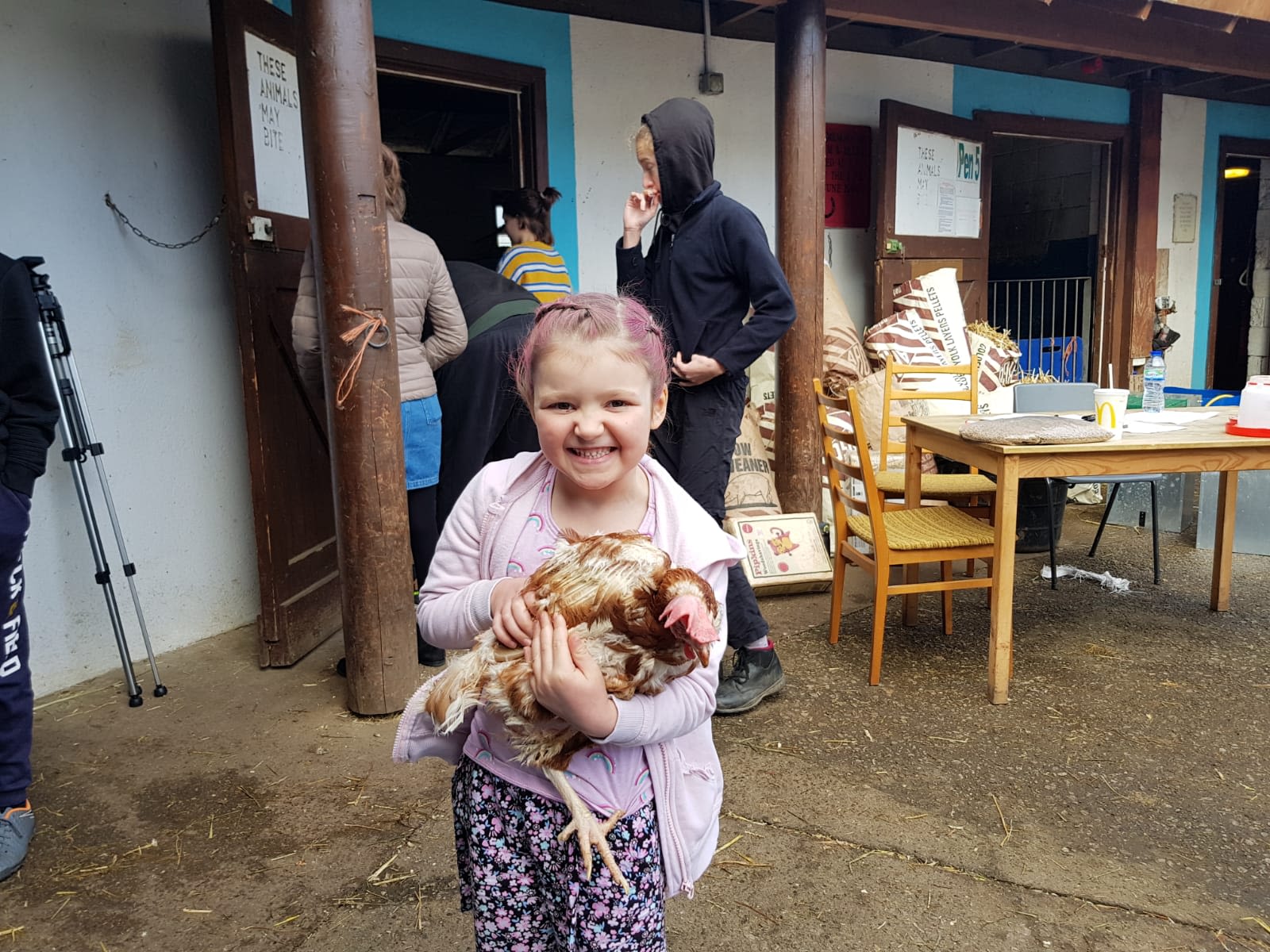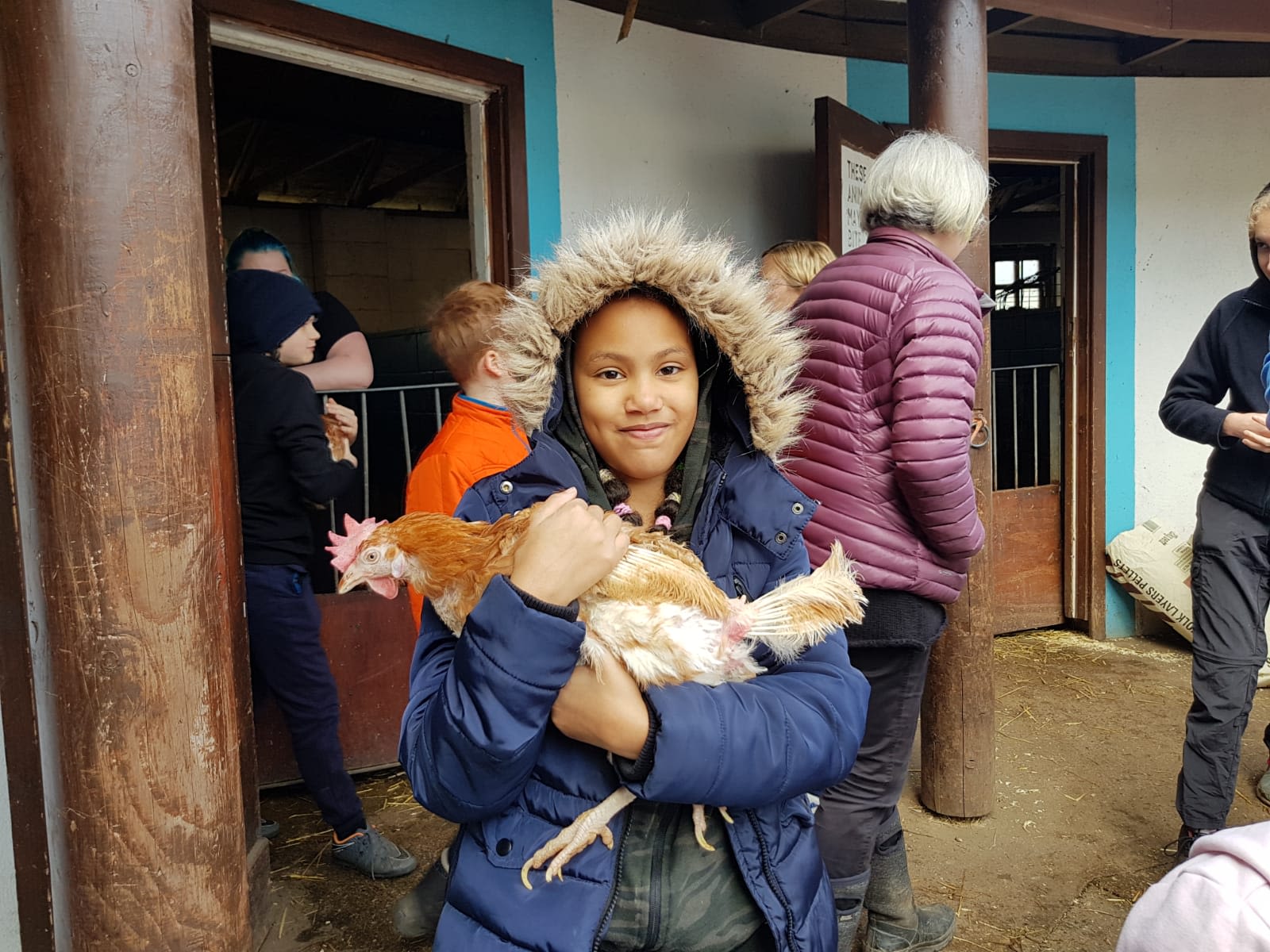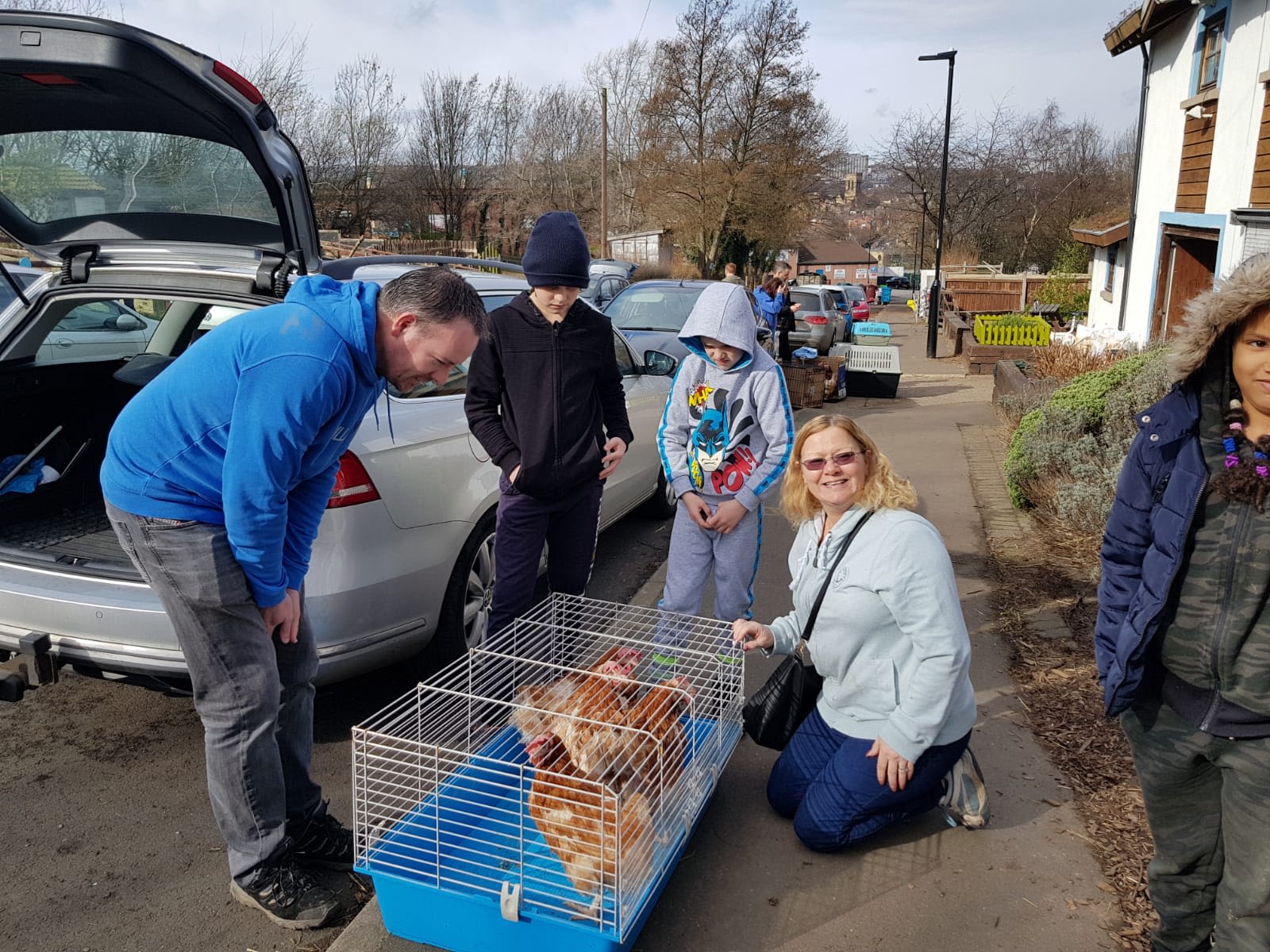A Race Against Time
Two women are on a quest to rescue 17,000 caged hens in Sheffield from slaughter
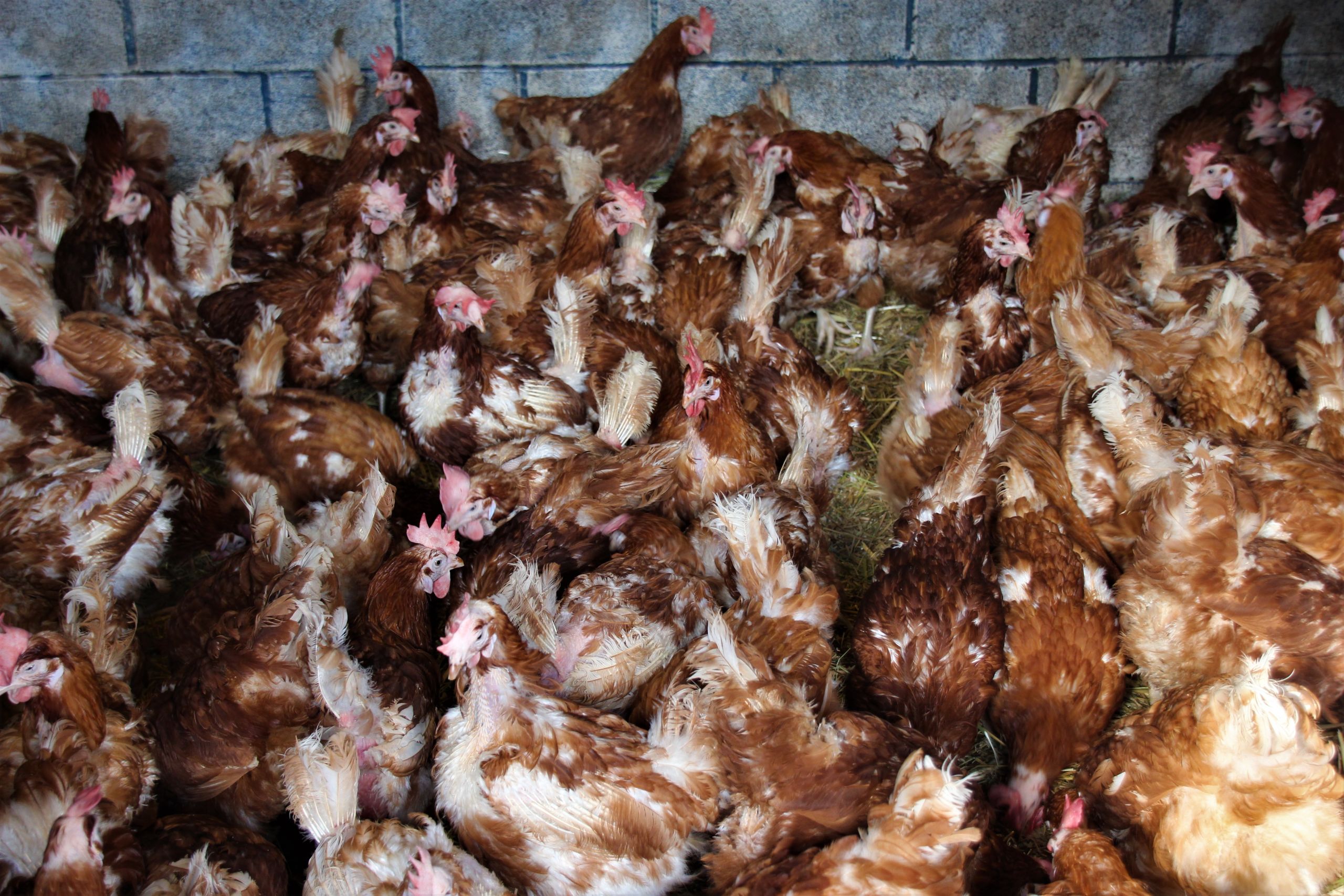
Two women, one month and 17,000 hens; Marie Fletcher and Kitty Holmes have set themselves the momentous task of rescuing as many caged birds as they can from a commercial egg farm in Sheffield before it closes down at the end of March.
The ladies from Phoenix Hen Rescue have already saved thousands of egg-laying hens from the farm just outside the city, before distributing them to nearby animal sanctuaries and community farms where many are being adopted by local families.
It's commercial egg farming at its finest. These girls are from a caged hen environment, meaning they lay surplus eggs constantly throughout their short lives on the farm.
With the farmer retiring, the hens will be put to slaughter unless they can be rehoused elsewhere - and that's where Marie and Kitty have stepped in.
1
Caged hens
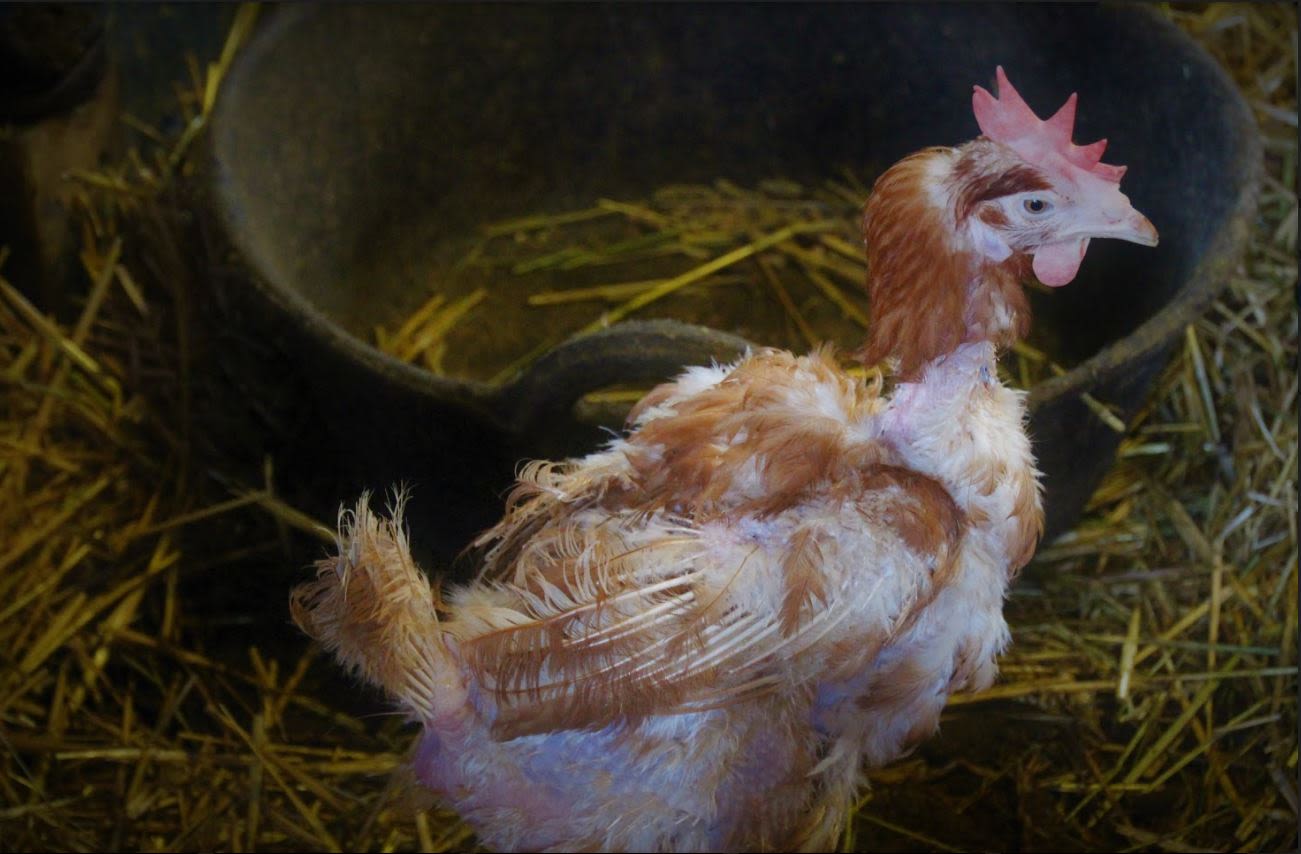
Since the EU banned battery cages in 2012, the treatment of hens has been subject to much less media scrutiny.
These days, caged hens across the EU are kept in enriched cages, which means they have access to a nesting area, a perch, a place to scratch and more space to move around than previously.
However, each hen still only has around one A4 sheet of paper space to herself.
Despite 44% of eggs in the UK coming from caged hens, pressure from campaigners has led all major supermarkets in the UK to commit to phasing out caged hen eggs by 2025.
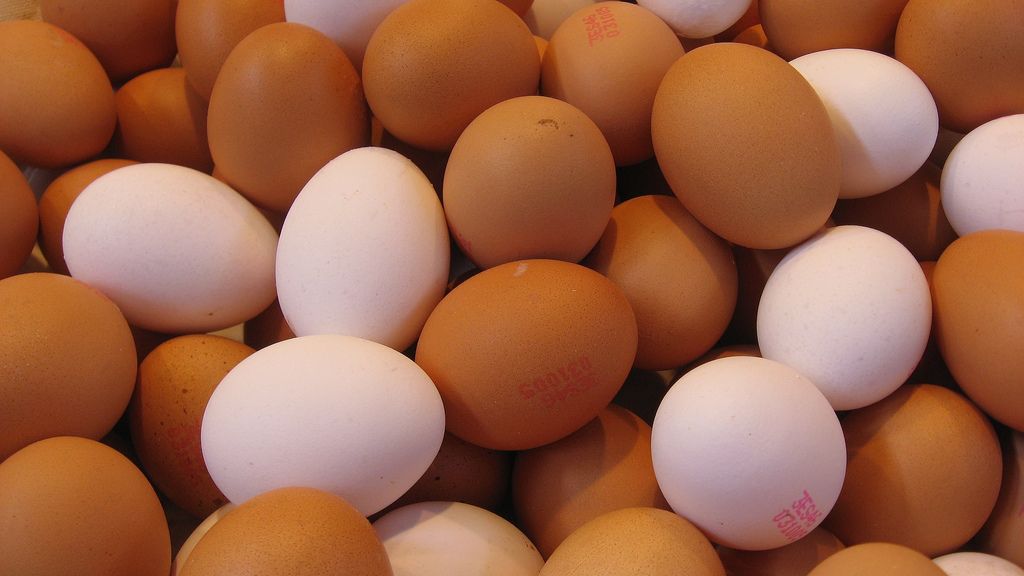
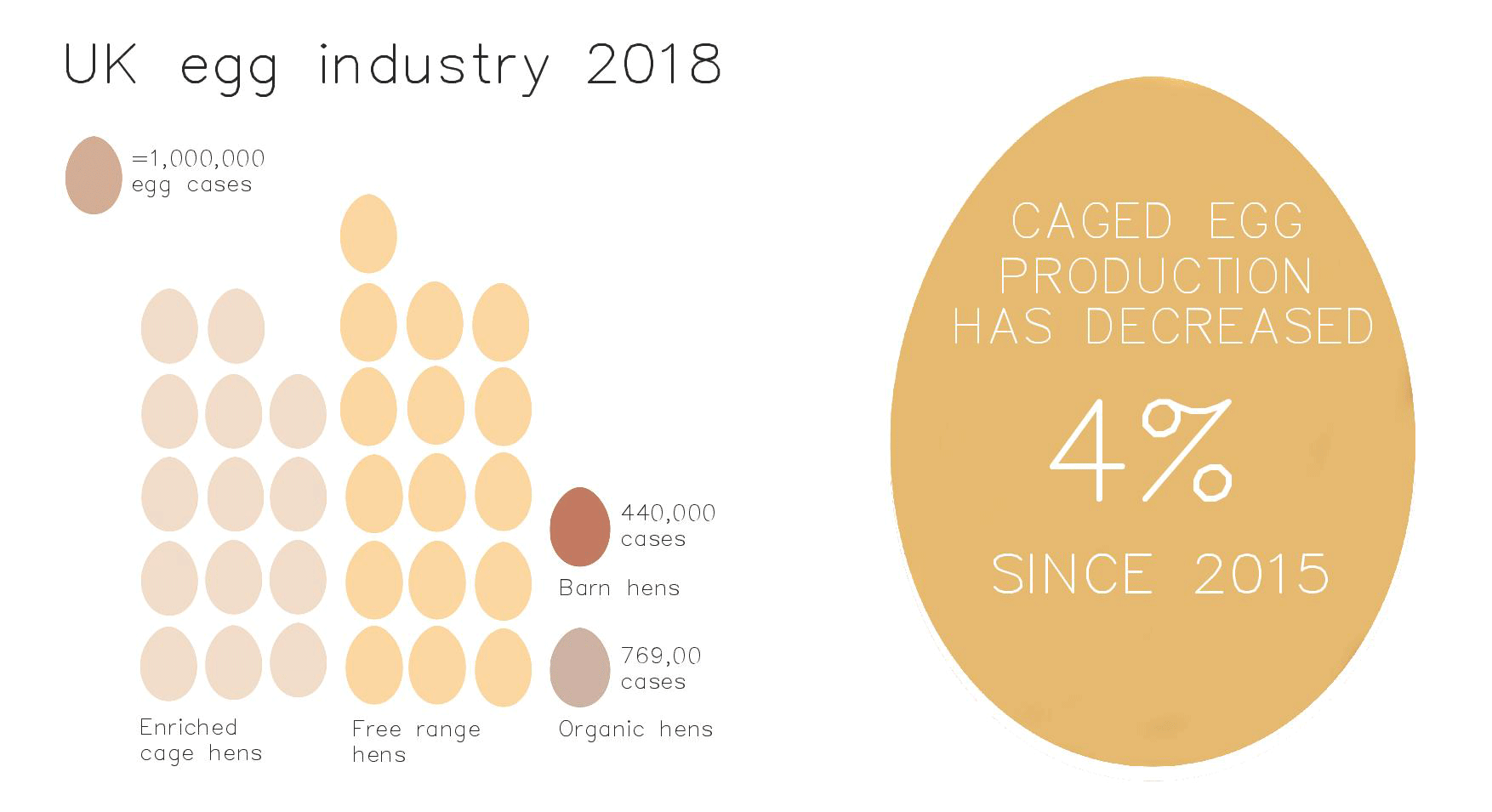
Marie and Kitty are following in the footsteps of many campaigners who have long demanded better treatment of hens on commercial farms.
Clare Druce and her mother Violet Spalding spearheaded what became known as the 'Chicken Lib' campaign back in the 1970s.
Their campaigning included a display of caged humans in Parliament Square, sneaking caged hens into the Ministry of Agriculture, and even being chased out of Wakefield Cathedral for presenting four bedraggled ex-battery hens to the Provost.
Clare feels that although their campaign helped lead to battery cages being banned, current cage systems are "little better and sometimes worse".
It's awfully depressing when you think how long ago we started the campaign. It's inhuman, isn't it?
Although progress has been made in improving the welfare of caged hens, for Clare it's not enough.
"My feeling is that big business of any kind can't be trusted where animals are concerned," she said.
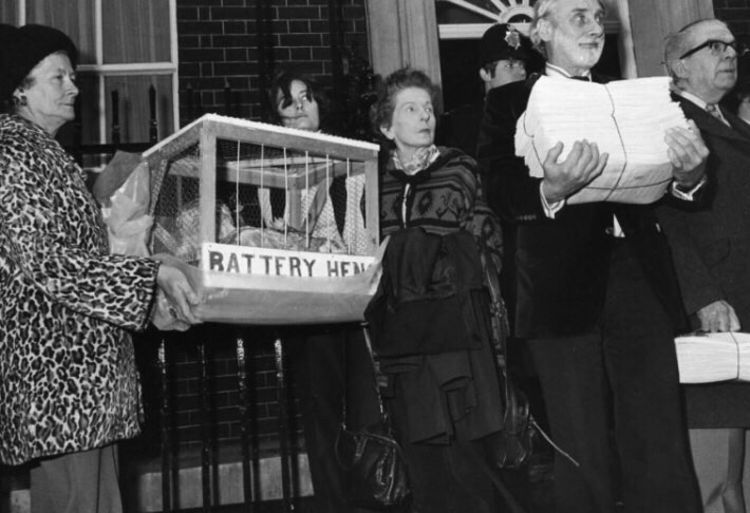
2
Rescue
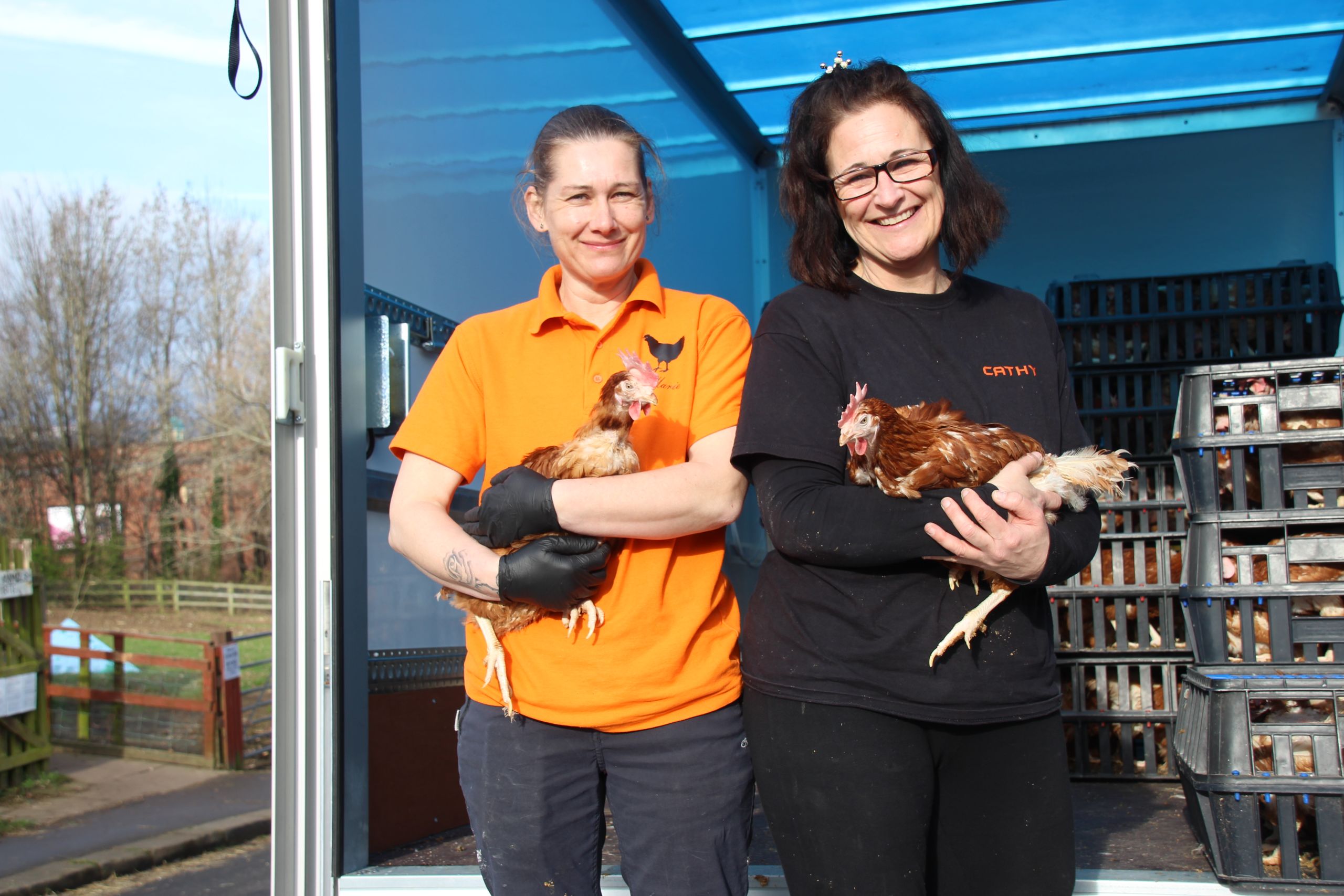
Marie, 44, and Kitty, 52, set up Phoenix Hen Rescue six years ago, with the aim of rescuing and rehoming hens locally around Sheffield.
On this particular run, the pair have picked up 1,117 hens and are dropping 500 of them off at Heeley City Farm; all but 60 of these have already been claimed for adoption by local residents.
Sarah Wild, 35, an animal worker at the farm, said: "Most are people who just keep chickens in their gardens and want to give these guys a second life.”
Today's hens are in better condition than other ex-commercial hens, but most are missing feathers and some are completely bald.
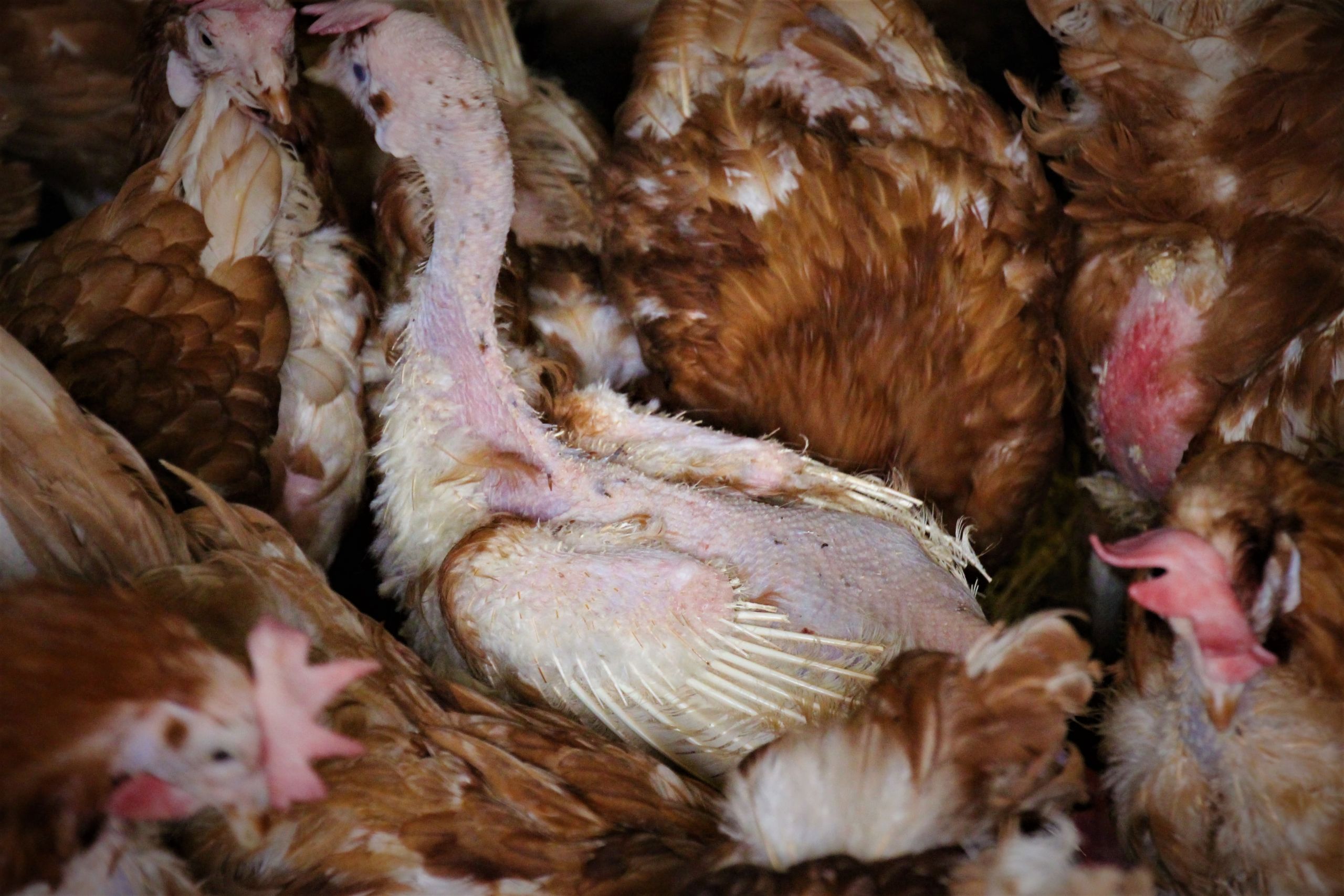
This is the first time they’ve felt fresh air because they’ve been kept in cramped cages in a great big dark barn - in cages that are stacked higher than the van, around 18ft.
Here Kitty talks more about the conditions the hens were living in and the emotional toll of the job.
Kitty assured me that this farmer is much more caring and compassionate about the welfare of the birds than many.
"Because they've stopped working for him, he believes they should go on and have another natural life," Kitty said.
The pair are dedicating every weekend to get as many hens out as they can, but they admit the chances of rescuing them all are slim.
They receive public donations through fundraising events, but often they fund the project themselves, simply hiring a van for the weekend and heading off to pick up the hens. Kitty said their commitment to the animals is "like an addiction."
Because she's an ex-commercial girl, her lifespan is not over and she's too young to go to slaughter.
But for every hen they rescue, they leave many more behind. Kitty said: "As the barn doors close, you have to shut off your heart. But you can't really. I struggle."
3
Rehome
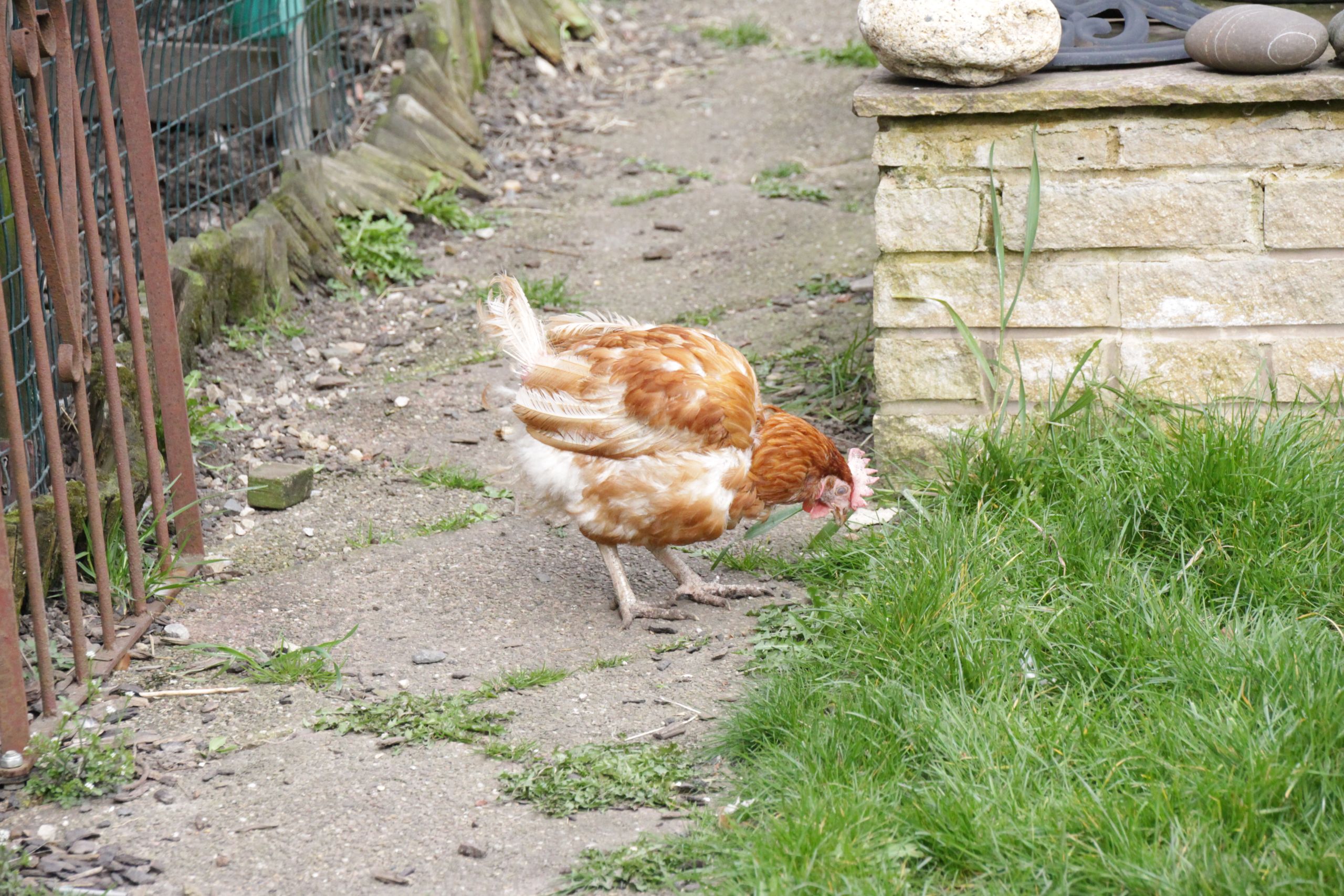
But rescuing the hens is only the first step - they then need to find homes for the birds to live out the rest of their lives.
Marie says that if she can manage to house 11 chickens in her council estate garden, others could easily make room for a few feathered friends.
“If every other neighbour on a street had their own hens, you wouldn’t have to buy [eggs] from a supermarket again,” she added.
Tracey Wild, 53, has done just that. She picked up six of the rescued hens from Heeley City Farm to keep in her backgarden coop in Handsworth, and to help her and her friends' children who have additional needs.
My daughter suffers from anxiety and there's nothing more calming than sat in the sun with a chicken on your knee.
Here she talks more about the benefits of owning hens, and just how easy it is to do.
It's the second time the family have rehomed caged hens, and they enjoy watching the animals flourish and become more confident in their new home.
"When they first come home they don't like going outside, they don't know how to go into a coop or anything and you have to teach them what to do. But once they learn, they're really clever," Tracey said.
For the Phoenix Hen duo, the rise in popularity of hen keeping makes their work all the more worthwhile.
"There's more avenues for people to own hens and enjoy them, which means these girls get to live," said Kitty.
With just a week left and thousands of hens still at risk of slaughter, there's still a lot of work to do.
To find out more about rehoming hens and helping Marie and Kitty rescue all 17,000 birds, visit Phoenix Hen Rescue.
